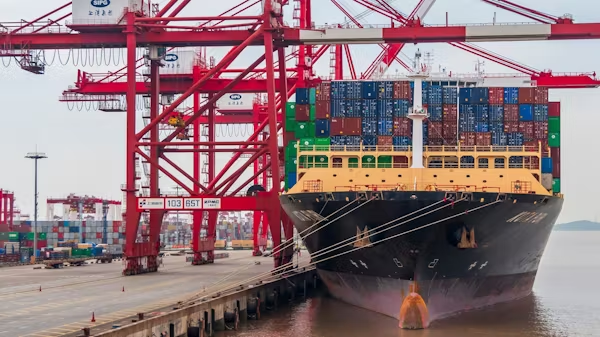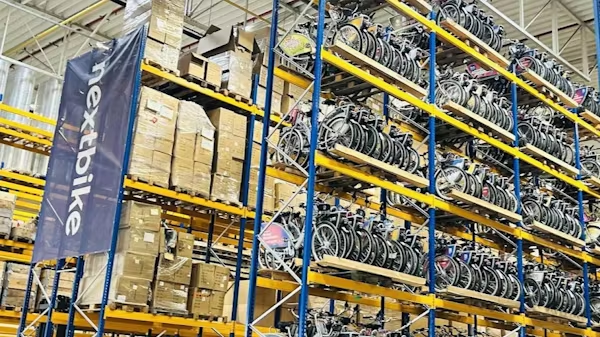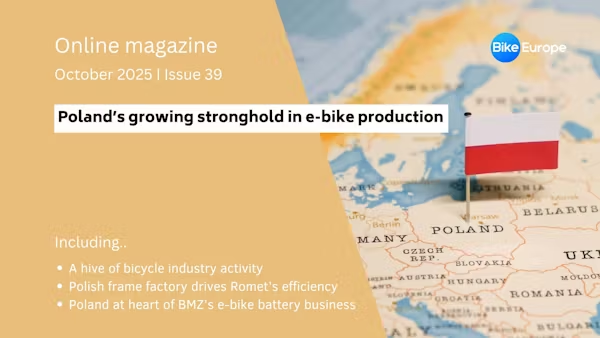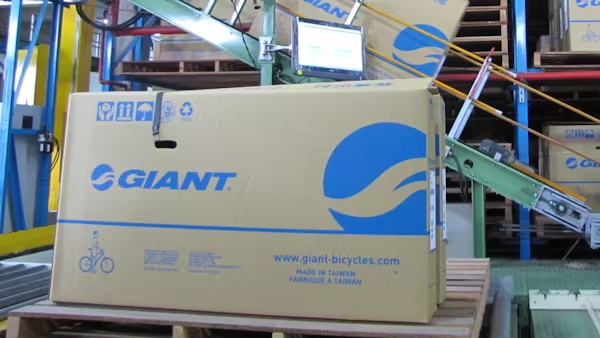A Shocking Ride: E-Bike Customs Fraud Uncovered in Europe
As cycling enthusiasts, we thrive on the freedom and joy that comes with riding. However, the thrill of the bike culture can sometimes be overshadowed by issues that affect the entire community. Recently, an investigation has unveiled a significant case of customs fraud related to e-bikes imported from China. The European Public Prosecutor’s Office (EPPO) has revealed that an unexpected scandal is impacting the burgeoning e-bike market in Europe.
The Case Unfolds: Details of the Investigation
Based in Rotterdam, the EPPO is investigating allegations of large-scale customs fraud linked to e-bikes entering the EU through Poland. The scale of the situation is staggering, with unpaid duties reportedly reaching an estimated loss of €1.8 million. This fraudulent activity could potentially compromise the integrity of the entire e-bike market, leading to a ripple effect felt by importers, retailers, and consumers alike.
Authorities have expressed concern about how this fraud could undermine legitimate businesses that adhere to customs regulations. For many cyclists, the rise of e-bikes has been a welcome addition to the cycling landscape, providing accessibility and offering an alternative mode of transport. However, this investigation raises questions about market fairness and the future of legitimate e-bike sales in Europe.
Impact on the E-Bike Market
The growth of e-bikes in Europe has been nothing short of remarkable. With increasing environmental awareness and a push for sustainable transport options, e-bikes have rapidly become a favored choice among commuters and recreational cyclists. However, this fraud case threatens to disrupt a market already trying to navigate the complexities of trade regulations and consumer demands.
With e-bikes that bypass customs duties flooding the market, consumers might find themselves unable to distinguish between legitimate products and those involved in fraudulent activities. This can result in a loss of trust not only in brands but also in the entire e-bike sector, as consumers become wary of potential legal repercussions associated with purchasing these bikes.
Looking Forward: What Can Be Done?
As the EPPO investigation unfolds, it highlights the need for vigilance among consumers and businesses alike. Transparency is key – consumers should always educate themselves about the bikes they are buying, ensuring they come from reputable sources that comply with customs and import regulations. Additionally, e-bike retailers should maintain strict adherence to rules to foster trust within the cycling community.
From a personal perspective, I believe it’s crucial for cyclists and retailers to advocate for more stringent customs enforcement. This not only ensures that businesses play by the rules but also supports the legitimate growth of the e-bike market in Europe. Many enthusiasts love the convenience and sustainability of e-bikes; thus, ensuring a fair, transparent marketplace will benefit all involved.
Conclusion: A Call for Integrity
The ongoing investigation into e-bike customs fraud serves as an important reminder to all of us in the cycling community: integrity matters. As e-bikes continue to gain popularity, it’s imperative that we support a marketplace that values honesty, transparency, and sustainability. By staying informed and advocating for fairness, we can help shape a healthier cycling landscape for everyone. So as you gear up for your next ride, remember that your choices contribute to the bigger picture of e-bike integrity and the future of cycling in Europe.
Original article: Click here











